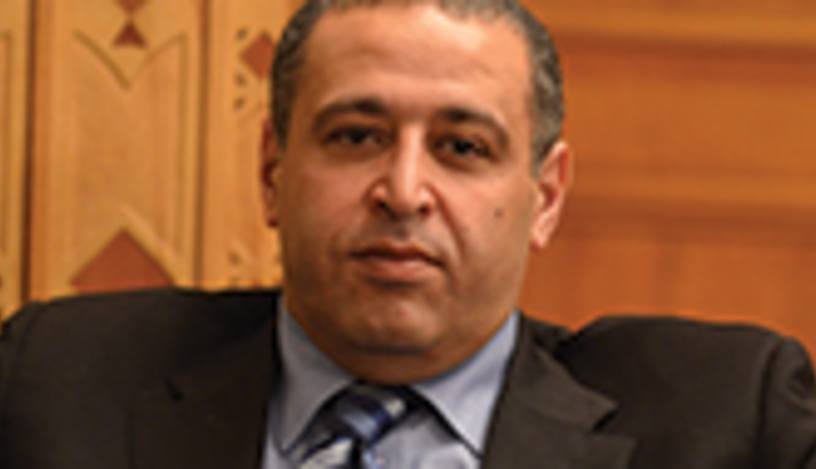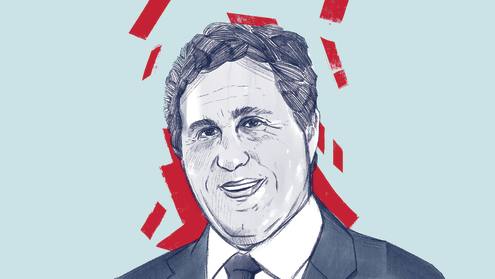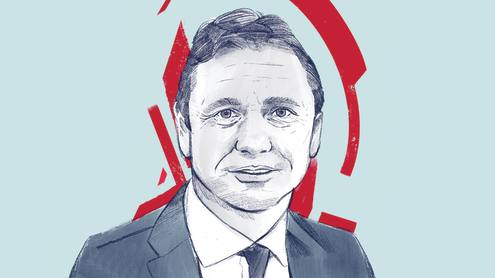When it comes to reform, Egypt’s new government is not short of ambition. Over the past 18 months, massive structural changes to the country’s system of energy subsidies, as well as its tax regime, have radically transformed the country's economic outlook. This has taken place as a new unified investment law, designed to ease the process of foreign direct investment (FDI), looks set to unleash a fresh wave of inflows into the country.
Editor's Choice
The benefits of this reform process are clear; energy subsidies have been cut by almost one-third, from about E£144bn ($19.7bn) to E£100bn, while an increase to the top tax rate and the introduction of property and capital gains taxes are expected to slowly reign in the budget deficit. Meanwhile, a new ministerial portfolio for investment was established in June 2014. Headed by Ashraf Salman, a former investment banker, the ministry has been working hard to structure a more attractive business and regulatory environment for international investors.
“It is widely felt that after two waves of revolution, the Egyptian people deserve better. We are making long-term structural changes to the economy that will, in some cases, be painful. But the Egyptian people recognise the necessity of this change and the longer term benefits that will be reaped. We don’t have the luxury to fail again,” says Mr Salman.
FDI focus
The ministry has set itself ambitious FDI targets following years of political turmoil that saw net FDI inflows tumble from a high of about $13bn in 2008 to just less than $2.5bn in 2010. “I believe we will return to pre-financial crisis levels of FDI by the 2016 financial year. This should see us comfortably surpass $10bn in total investments, mainly concentrated on the energy and industrial sectors,” says Mr Salman.
This will be a significant jump from current levels of foreign investment, which amounted to $4.1bn in the 2014 financial year. Yet, with confidence returning to the Egyptian market and positive momentum building behind the country’s economic growth prospects, these targets are not unrealistic. In the first quarter of 2015 financial year, net inflows grew 138% year on year. The net inflow for greenfield investments also increased year on year, rising from $339.5m to $734.9m.
A new unified investment law, which is currently under consultation by government ministries and public agencies, is expected to improve Egypt’s investment environment. At present, starting a business in Egypt requires permits from 78 different government agencies. The proposed law would create a ‘one-stop shop’ allowing investors to approach a single body for approval. The law would also create a separate investment promotion agency to support FDI inflows to the country.
Rolling back red tape
While the authorities are keen to have the law approved by March 2015, its progress is unlikely to be smooth. Few government agencies will be keen to relinquish their existing roles in this process. As such, cutting back Egypt’s excessive layers of red tape will remain a longer term challenge for the new ministry. These difficulties go hand in hand with more basic impediments to business development, including electricity shortages and a lack of supporting infrastructure.
Nevertheless, Mr Salman is acutely aware that his actions must be geared towards the longer term development of Egypt. “The government’s ambitions for reform are extensive. We are committed to the roll out of a new social welfare programme, legislative changes, structural adjustments and the development of a new political road map. This will take time, but we are confident that the country is heading in the right direction,” says Mr Salman.
In this respect, investors in the country’s stock market appear to agree. The Egyptian Exchange was the best performing exchange in the world in 2014, with data from MSCI indicating that total dividend and share price increases produced an average return of more than 30% for shareholders. Moreover, since mid-2013, the country’s MSCI index has nearly doubled.
“The slowdown in the advanced economies and China means that Egypt stands apart as a unique investment proposition. Even among the fast-growing economies of the Middle East, the level of opportunity in Egypt is second to none,” says Mr Salman.
Given that the government has allocated E£401bn to various megaprojects, including the new Suez Canal, 3600 kilometres of roads and 1 million new housing units, as well as an additional E£63bn split between two different stimulus packages, the economy’s growth prospects are strong. With the International Monetary Fund predicting gross domestic product growth of 3.8% in 2015, Egypt looks set to become one of the Middle East and Africa region’s leading growth stories.












